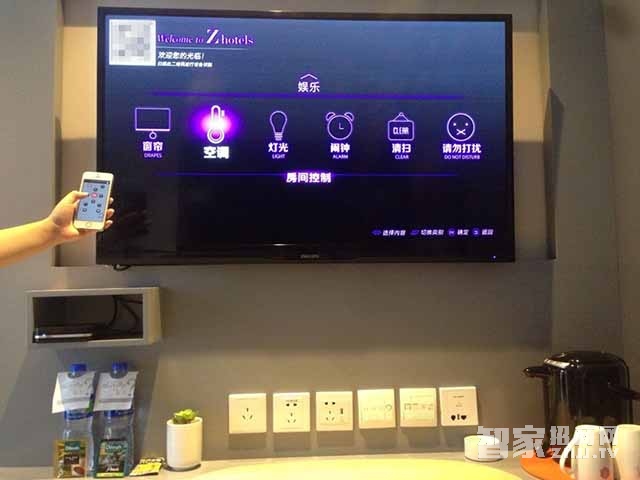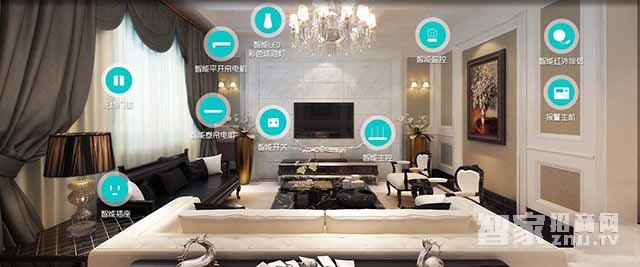The smart gadgets we use today represent just a fraction of what smart homes can offer. Think of them as accessories—nice to have, but they're not the full picture. The true essence of a smart home lies in its underlying systems, which start from the design phase and encompass a sophisticated network of interconnected devices. Whether you’re remodeling or building from scratch, creating a truly smart home involves careful planning and the right choices. Let’s explore how to build a "wise house" tailored to your lifestyle.
How to Select Smart Home Products?
First, define your needs.
Before anything else, it's crucial to identify exactly what you need and what level of convenience or functionality you desire. Installing smart home devices without a clear purpose can be costly and inefficient. Every household has unique requirements for smart living. Smart home products come in various forms, and they can be customized to fit different lifestyles. By understanding your needs, you can maximize your budget and achieve more with less.

Besides essential systems like home security, alarms, and lighting controls, you can also incorporate smart home features based on your specific preferences. For example, if you love movies or music, consider adding a home entertainment system or a background music setup. Smart home solutions span a wide range of applications, including automated irrigation, eldercare assistance, appliance management, and remote monitoring. By aligning your selections with your lifestyle and budget, you can build a smarter home without overspending.
Second, pick the right brand.
Once you’ve identified your needs, it’s time to shop around for reliable suppliers. Opting for a reputable smart home manufacturer is key to minimizing risks. As a consumer, it’s wise to prioritize established brands, as they often provide better quality assurance and customer support. While smaller companies might offer competitive pricing, sticking with trusted names ensures peace of mind and long-term reliability.
Third, stay ahead of tech trends.
Technology evolves rapidly, and smart home products are no exception. When purchasing, pay attention to compatibility and scalability. Ensure that the devices you choose can work seamlessly together and adapt to future upgrades. This foresight will save you trouble down the road when new features become available.

Fourth, hire professionals for installation.
Professional installation is critical for ensuring that your smart home functions properly. Seek out experienced technicians who understand the intricacies of setting up complex systems. A well-executed installation prevents malfunctions and guarantees optimal performance. Don’t settle for amateurs—your investment deserves proper handling.
Fifth, prioritize after-sales service.
Post-purchase support is vital for maintaining your smart home system. Emerging markets like smart homes lack standardized regulations, so after-sales services vary widely among manufacturers, distributors, and dealers. To avoid potential issues, always choose products backed by solid warranty and maintenance policies.
Sixth, balance affordability with value.
Smart home products span a broad price spectrum due to factors like brand reputation and technological sophistication. High-end brands cater to those who don’t mind splurging, but mid-range options often provide excellent value for money. Focus on practicality and cost-effectiveness to ensure you get the best bang for your buck.
Related Reads
Article: What are the Key Components of Smart Locks?
Recommended: Smart Home Security | Smart Home Development | Why Are Smart Homes Expensive?
Three Phase Vfd,Ac Single Phase Gasoline Generator,220V Vfd,Ac Inverter
WuXi Spread Electrical Co.,LTD , https://www.vfdspread.com